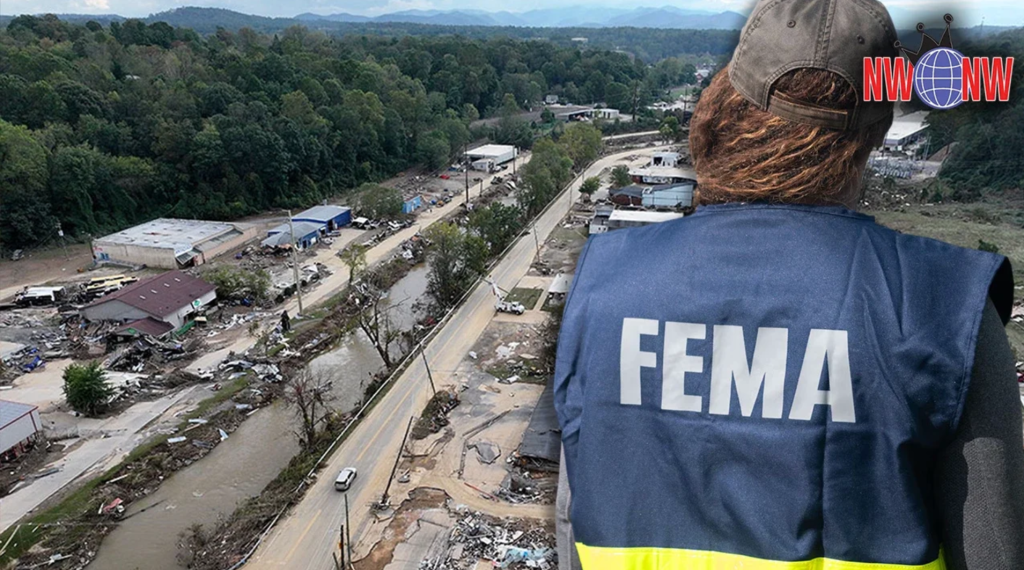In the latest episode of “#NewWorldNextWeek,” the Corbett Report and Media Monarchy delve into significant developments in open-source intelligence news, focusing on newly launched initiatives and commentary on technology, information management, and current events. Among the most prominent stories is World ID, a digital identity verification system launched in various countries including Poland, Guatemala, and Malaysia. This system aims to increase trust online as artificial intelligence becomes more prevalent. The idea is to authenticate human interaction amid fears of deep fakes and AI impersonation. However, the initiative faces challenges in Europe related to GDPR compliance, leading Worldcoin to pivot away from European markets. This change reflects the complicated landscape that technology companies must navigate, especially when intending to implement systems that monitor and validate human activity.
Another critical discussion in the episode centers around the World Health Organization’s (WHO) intention to regulate smartphones. The WHO aims to address the growing concerns around mobile technology’s impact on health, particularly in terms of addiction and misinformation. This initiative aligns with previous measures taken under the WHO Framework Convention on Tobacco Control, which looks to mitigate potential health risks. In a related interview, psychologist Larry Rosen emphasizes the importance of gaining control of smartphone usage to counteract its damaging effects. This conversation brings to the forefront ongoing debates about technology’s role in society and how organizations plan to manage emerging risks in our digital age.
Misinformation is a recurring theme, exemplified by recent comments from FEMA Director Helene regarding narratives she describes as “truly dangerous.” This statement comes in the wake of discussions about the federal response to natural disasters, revealing a growing concern over how misinformation can shape public perception and potentially reduce trust in government agencies. A North Carolina Senator weighed in, labeling conspiracy theories surrounding FEMA’s actions as distractions. This highlights the challenge of balancing transparency and information dissemination during crises, as well as the complex relationship between government entities and public faith.
In a somewhat related note, the episode also discusses a simulation conducted in Tampa that anticipated the impact of a Category 5 hurricane, revealing the sometimes grave realities of natural disasters. The discourse surrounding hurricane management ties into broader conversations about preparedness and responsiveness to climate-related threats. However, some narratives veer into contentious territories, particularly the implications of possible government-funded luxury accommodations provided to migrants amidst disaster relief funds, raising questions about the allocation of resources in emergency situations. This ongoing battle over how funds are used reflects deeper societal divisions and priorities.
As the final discussion evolves, it pivots to the controversial topic of weather modification, a subject that some commentators warn could serve as a trap for public discourse. The episode subtly draws connections between environmental management and governmental control, posing ethical considerations that could emerge from such techniques. The debates on weather-related technologies further underline the complexity and often polarization surrounding technological implementations, particularly when they intersect with issues of public policy and trust.
Overall, “#NewWorldNextWeek” encapsulates essential themes of fear and trust in technology, the challenges of misinformation, and the government’s role in both disaster response and regulatory frameworks. It raises critical questions about our reliance on technology and the potential ramifications of such dependencies, underscoring the importance of maintaining vigilance as we navigate an increasingly complex digital landscape. With independent media outlets like Corbett Report and Media Monarchy at the forefront, they facilitate important dialogues that encourage critical thinking about these global concerns, driving home the need for informed citizenry as we approach an uncertain future.

